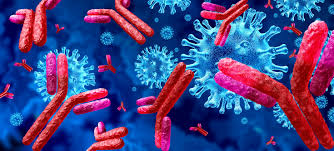This course provides an introduction to programming and the Python language. Students are introduced to core programming concepts like data structures, conditionals, loops, variables, and functions. This course includes an overview of the various tools available for writing and running Python, and gets students coding quickly.
- Teacher: ANU VICTOR
One of the significant outcomes of Higher Education is to prepare for entering the job or employment market. Besides the knowledge and skill set required for a particular job or occupation, professional skills are also required to be gainfully employed and to enjoy a successful and satisfying life. Professional skills are part of life skills. We should be able to demonstrate professional skills involving the use of intuitive, logical critical thinking, communication and interpersonal skills which are not limited to cognitive and creative skills. These skills, behaviour, and quality of output enhance employability. The Course on Professional Skills is divided into two parts: A. Career Skills and, B. Team Skills
Career skills empower us with the ability to prepare appropriate résumés, address the necessary gaps for facing interviews, and actively and effectively participate in group discussions thereof. It is also of significant importance that we possess the know-how to explore career opportunities for ourselves, recognizing our innate strengths and weaknesses.
We must be well prepared to take on new challenges and opportunities. With the increasing use of technology in the way we live, learn and work, we must be able to utilize basic computing concepts and also have and espouse excellently. Team skills, collaborating and working together can assist in resolving complex problems, which allow us or offer us the opportunity to articulate new ideas and perspectives. It further allows us to design, develop, problem-solve, and adapt to situations based on experience and skills.

- Teacher: Dr. RAMESH KUMAR
To acquire knowledge about the function of the immune system, about the interfaces between immunology and biotechnology, and about modern technologies that help to create or modulate the desired immune response. Students will gain knowledge on Modern methods of cancer immunotherapy, cell vaccines, their action. Biopharmaceutical antibodies and their application, Immunoassays, their application in biotechnology and diagnostics. Enzyme-linked immunosorbent assay, immunoblotting, immunofluorescence and immunohistochemical analysis. Flow cytometry, Serological methods for the diagnosis of infectious diseases.

- Teacher: Dr K. DEEPTHI PRIYA